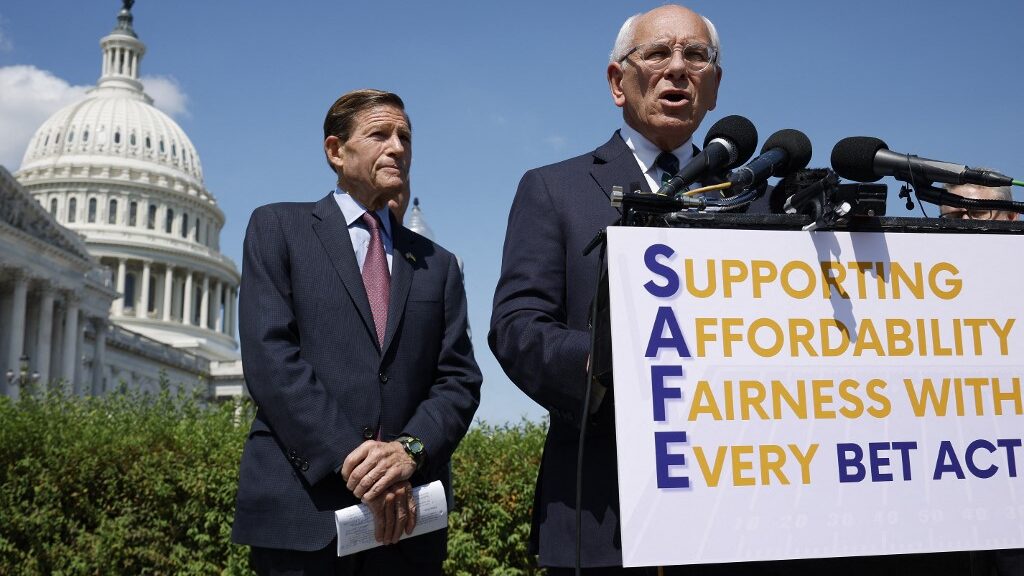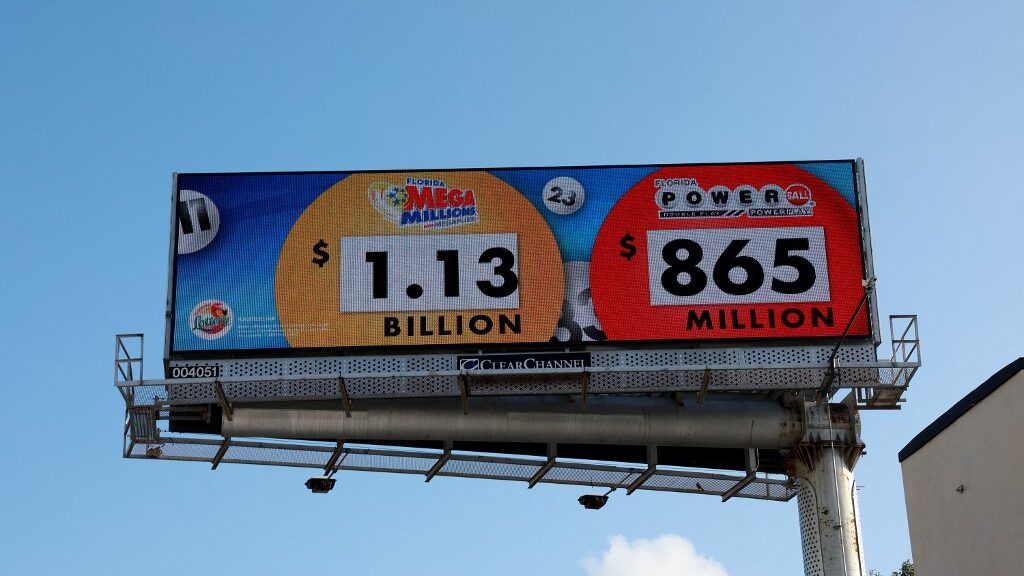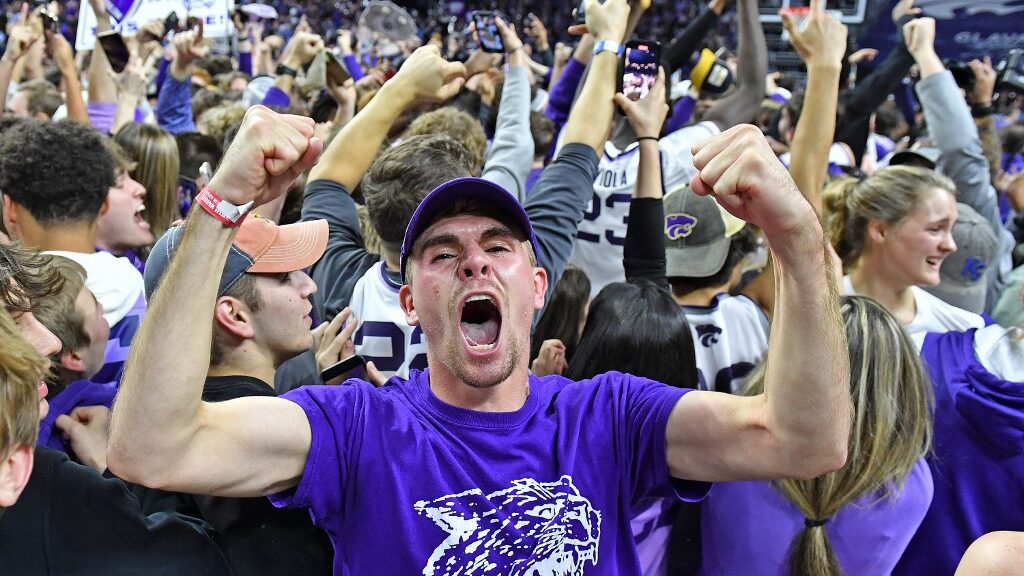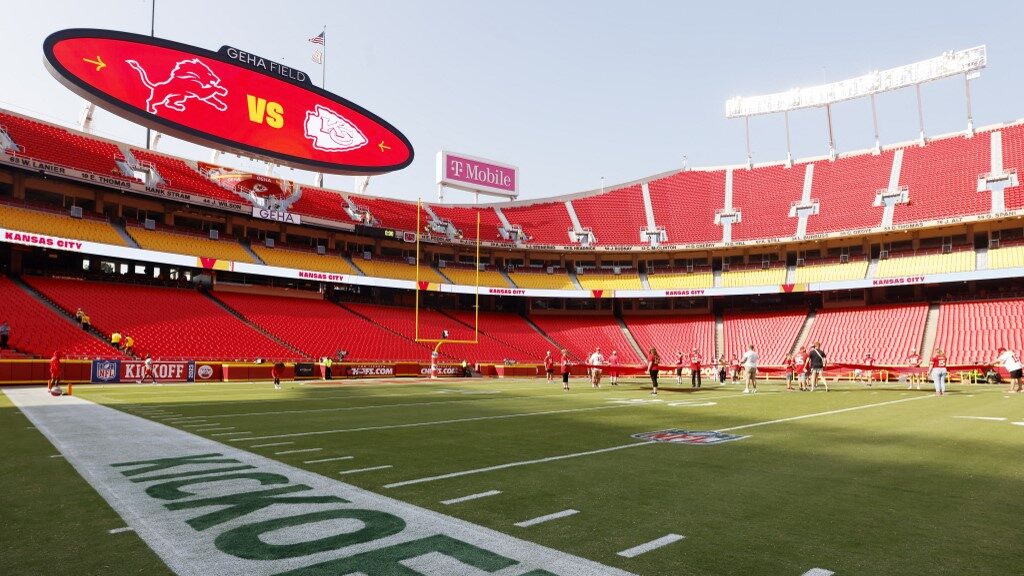
Over the past six years, sports betting has surged across the United States. In response, two lawmakers have proposed federal regulations to oversee it.
New York Representative Paul Tonko and Connecticut Senator Richard Blumenthal introduced the Supporting Affordability and Fairness with Every Bet (SAFE Bet) Act. It would create nationwide consumer protections and standards for the mobile sports gambling industry by ensuring sports betting operators meet minimum federal standards and address the public health issues linked to legalized sports betting.
“The relationship between the gambling industry and sports has become dangerously close, and it’s high time Congress steps in to make a difference,” Tonko said during a press conference.
The bill would ban in-game advertising and bets on college athletes. On top of that, to offer betting, states would have to apply to the US attorney-general. These applications must show how they meet federal standards. Approvals last for three years, but it’s unclear if states that already allow betting will have different application requirements.
Legislation Includes Steps to Cut Gambling Addiction Risks
The SAFE BET Act also addresses the issue of problem gambling by requiring states offering sports betting to not only meet the minimum federal standards in advertising, but also affordability, and Artificial Intelligence to create a safer, less addictive product. “This bill is a matter of public health. It is a matter of stopping addiction, saving lives, and making sure that young people particularly are protected against exploitation,” Senator Blumenthal said.
The legislation includes measures that would limit bettors to five deposits every 24 hours, ban credit cards for funding, and require operators to check if bettors can afford it when they bet over $1,000 in a day or $10,000 in a month.
Tonko echoed the sentiment. He says sporting events used to be a chance for family and friends to get together and cheer on their favorite teams simply, but now, every moment of every game offers a chance for someone to place a bet. “That’s resulted in a frightening rise in gambling disorder, which has in turn enacted a horrific toll on individuals, many of whom have lost their home, job, marriage, and their lives,” Tonko said. “We have a duty to protect people and their families from suffering the tremendous harm related to gambling addiction. Our SAFE Bet Act gets the job done and gives sports back to the American people.”
Everyone Not on Board With the SAFE BET Act
The gambling industry strongly opposes the legislation, arguing that it should self-regulate sports betting advertising to avoid federal standards. The American Gaming Association, the industry’s national trade group, claims that sportsbooks are already under government oversight and provide consumer protections that illegal gambling lacks.
The iDevelopment and Economic Association (iDEA), which represents igaming and sports betting operators, said the bill is unnecessary and harmful. They believe it interferes with state regulations that have worked well since the Supreme Court overturned the federal sports betting ban in 2018.
Sports Betting Generating Billions in U.S.
The Supreme Court lifted the federal ban on sports betting in 2018. Since then, 38 states have legalized it, and the industry hit a record $11 billion in 2023, a 44% increase from the previous year, according to the AGA. This boom has also generated billions in new revenue for states through taxes.
We’ll follow the progress of the SAFE BET Act and see how far it gets.
















